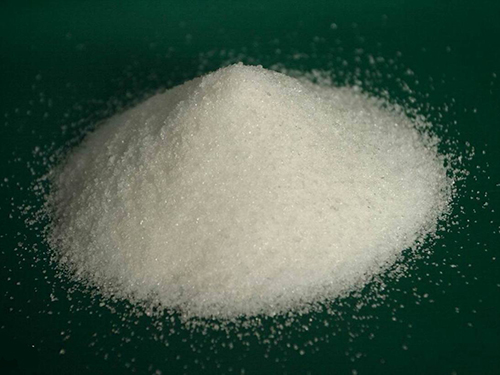anionic polyacrylamide uses
Anionic polyacrylamide (APAM) is a water-soluble polymer that has gained widespread use across various industries due to its remarkable properties. As an anionic polymer, it carries a negative charge, allowing it to effectively interact with positively charged materials, such as metal ions and organic compounds. This characteristic makes APAM particularly useful in applications where separation and coagulation processes are essential.
.
In agriculture, anionic polyacrylamide serves as a soil conditioner. It improves water retention in sandy soils and enhances soil structure, which can lead to better crop yields. By reducing soil erosion and promoting moisture retention, APAM helps farmers optimize water use in drought-prone regions. Its ability to promote soil aggregation further aids in maintaining soil health and fertility, making it a valuable tool in sustainable agricultural practices.
anionic polyacrylamide uses

The oil and gas industry also benefits from the use of anionic polyacrylamide. It is employed in enhanced oil recovery processes, where it helps to improve oil displacement in reservoirs. By reducing fluid viscosity and improving the flow of water through oil-bearing formations, APAM can increase oil recovery rates, thereby maximizing production efficiency.
Moreover, APAM's versatility extends to the cosmetics and personal care industry, where it is used as a thickening agent in creams and lotions. Its ability to create a smooth texture enhances product appeal while providing moisture retention benefits for skin.
In conclusion, anionic polyacrylamide plays a crucial role in various sectors due to its unique properties and functionalities. Whether in wastewater treatment, agriculture, oil recovery, or cosmetics, its applications contribute significantly to environmental sustainability, agricultural efficiency, and industrial productivity. As industries continue to seek innovative solutions to complex challenges, the demand for APAM is likely to grow, further highlighting its importance in modern applications.
-
Water Treatment with Flocculant Water TreatmentNewsJun.12,2025
-
Polymaleic AnhydrideNewsJun.12,2025
-
Polyaspartic AcidNewsJun.12,2025
-
Enhance Industrial Processes with IsothiazolinonesNewsJun.12,2025
-
Enhance Industrial Processes with PBTCA SolutionsNewsJun.12,2025
-
Dodecyldimethylbenzylammonium Chloride SolutionsNewsJun.12,2025





